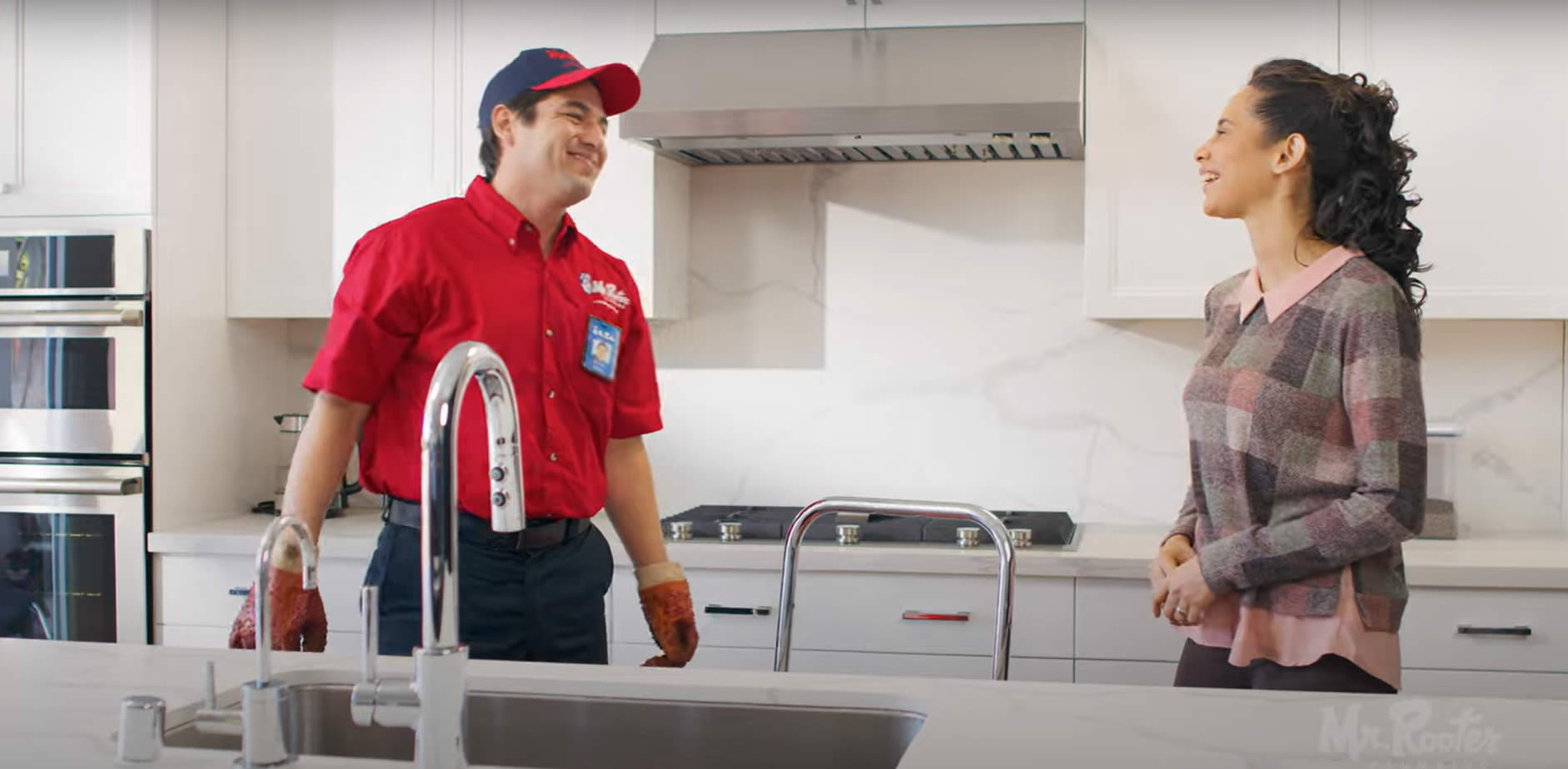A sewer smell in your house can be due to dry p-traps, clogged vents, or sewer line problems. Identifying and fixing the source is crucial.
Menu
Call This Monday to Get
$35 off- Home
- Plumbing Services
- Pipe Repair & Repiping
- Faucet & Sink Replacement
- Garbage Disposal Replacement
- Toilet Replacement & Repair
- Sump Pump Installation
- Water Heater Repair & Replacement
- Water Softener Installation
- Water Filtration Installation
- Plumbing Repair
- Main Water Line
- Leak Detection
- Kitchen Plumbing
- Commercial Plumbing
- Bathroom Plumbing
- Drain Cleaning
- Sewer Repair
- Drain Cleaning
- Sewer Repair
- Service Areas
- Reviews
- Coupons
- Blog
- FAQ
- About Us
- Contact Us
Call This Monday to Get $35 OFF
$35 OFF4.8/5Ratings based on 584 reviews
Great Plumbers, Great Reviews
- Home
- Plumbing Services
- Pipe Repair & Repiping
- Faucet & Sink Replacement
- Garbage Disposal Replacement
- Toilet Replacement & Repair
- Sump Pump Installation
- Water Heater Repair & Replacement
- Water Softener Installation
- Water Filtration Installation
- Plumbing Repair
- Main Water Line
- Leak Detection
- Kitchen Plumbing
- Commercial Plumbing
- Bathroom Plumbing
- Drain Cleaning
- Sewer Repair
- Drain Cleaning
- Sewer Repair
- Service Areas
- Reviews
- Coupons
- Blog
- FAQ
- About Us
- Contact Us


